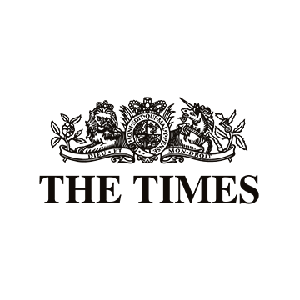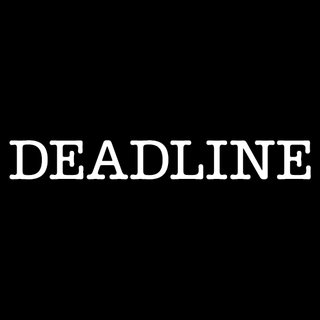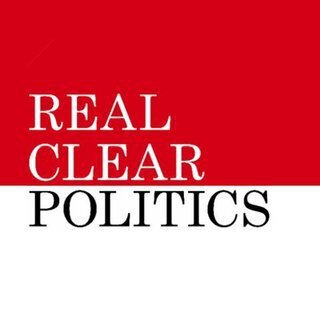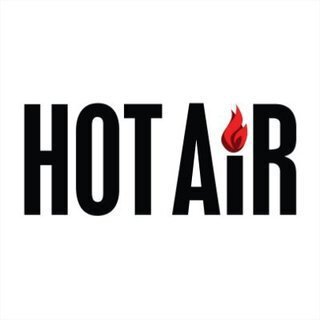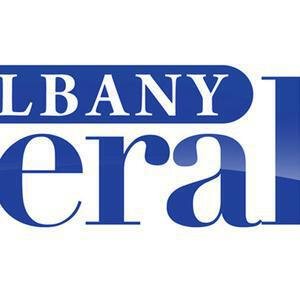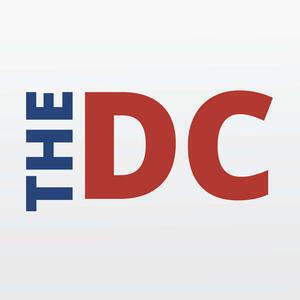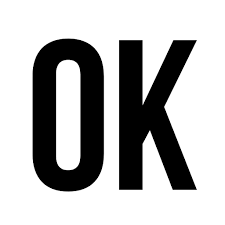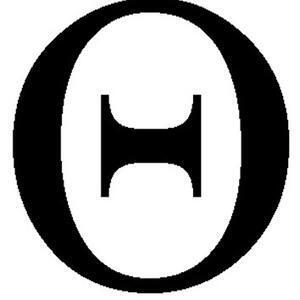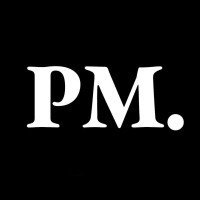As National Public Radio faces bias accusations and a storm of criticism, it suspended senior editor Uri Berliner for five days without pay. Berliner, who worked with NPR for 25 years, criticized the organization in an essay for The Free Press. He claimed NPR’s coverage reflects the views of a narrow left-leaning segment of the U.S. population.
The senior editor claimed the network had “lost America’s trust” by covering news stories with a consistently progressive bias. AllSides Media, which rates agencies on their media bias, confirmed that point.
NPR suspended Berliner for not getting the proper approval to do work for other news outlets. The company said that approval is required for all NPR journalists.
“I got so frustrated with what I saw was the sort of the lack of different perspectives in our coverage that I decided to look at voter registration,” Berliner said. “And what I found was 87 registered Democrats on our editorial staff, zero Republicans.”
NPR faced similar accusations for years.
In 2011, NPR’s own research showed that about 37% of its listeners identified as liberal or somewhat liberal, while only 26% identified as conservative or somewhat conservative. In 2023, 67% of listeners identified as liberal and 11% as conservative.
Berliner’s op-ed piece renewed accusations of liberal bias at NPR and drew attention to the network’s leadership.
NPR’s chief executive, Katherine Maher, now faces scrutiny for past social media posts that criticized former President Donald Trump and supported liberal causes. This is Maher’s first role in leadership at a news organization, and she asserts “everyone is entitled to free speech as a private citizen.” NPR hired her less than one year ago.
NPR said Maher upheld the network’s code of ethics since she started with the company. It also said that its CEO is not involved in editorial decisions. On Monday, April 15, NPR announced it would hold monthly meetings to review its news coverage bias.






